Hormones are your body’s chemical messengers, regulating everything from metabolism and mood to growth and reproduction. Yet, hormonal health changes are a natural part of aging, influenced by genetics, lifestyle, and environmental factors. Understanding these shifts is key to maintaining balance and vitality. In this hormonal health guide, we’ll explore hormone balance throughout life, decode common life stage hormone changes, and share actionable tips for maintaining hormone health. Whether you’re navigating puberty, pregnancy, or the golden years, this guide empowers you to thrive through every phase.
The Role of Hormones in Your Body
What Are Hormones and Why Do They Matter?
Hormones are produced by glands in the endocrine system, including the thyroid, adrenal glands, pancreas, and reproductive organs. They travel through the bloodstream to tissues and organs, controlling essential processes like:
- Energy levels (thyroid hormones)
- Stress response (cortisol)
- Reproductive health (estrogen, testosterone)
- Blood sugar regulation (insulin)
Even minor imbalances can disrupt these systems, leading to symptoms like fatigue, weight fluctuations, or mood swings.
Hormonal Changes by Life Stage
Hormonal shifts by age are inevitable, but knowledge helps you adapt. Let’s break down key phases:
Puberty: The First Major Hormonal Shift
Puberty marks the onset of sexual maturation, typically between ages 8–14.
Hormones Involved
- Estrogen and testosterone: Drive physical changes like breast development, facial hair, and voice deepening.
- Growth hormone: Supports bone and muscle growth.
Symptoms and Challenges
- Acne
- Mood swings
- Irregular periods (in girls)
Tip: Encourage teens to eat nutrient-rich foods, stay active, and prioritize sleep to support hormonal development.
Reproductive Years: Balancing Fertility and Health
For adults in their 20s–40s, hormones focus on fertility and metabolic health.
Key Hormonal Events
- Menstrual cycle: Estrogen and progesterone rise and fall monthly.
- Ovulation: Luteinizing hormone (LH) triggers egg release.
Common Imbalances
- Polycystic ovary syndrome (PCOS): High androgens (male hormones) cause irregular cycles.
- Thyroid disorders: Hypothyroidism slows metabolism.
Tip: Track menstrual cycles and discuss irregularities with a doctor.
Pregnancy: A Hormonal Roller Coaster
Pregnancy triggers dramatic hormone shifts to support fetal growth.
Hormonal Highlights
- hCG: Detected in pregnancy tests, peaks in the first trimester.
- Progesterone: Maintains the uterine lining.
- Prolactin: Prepares breasts for lactation.
Symptoms
- Morning sickness
- Mood swings
- Fatigue
Tip: Prenatal vitamins and stress-reduction techniques like prenatal yoga can ease symptoms.
Menopause: The End of Reproductive Hormones
Menopause (typically ages 45–55) occurs when estrogen and progesterone decline permanently.
Symptoms
- Hot flashes
- Night sweats
- Vaginal dryness
Tip: Phytoestrogen-rich foods (soy, flaxseeds) and hormone replacement therapy (HRT) may offer relief.
Andropause: Male Hormone Decline
Often called “male menopause,” andropause involves a gradual drop in testosterone starting around age 40.
Symptoms
- Reduced muscle mass
- Low libido
- Fatigue
Tip: Strength training and a zinc-rich diet (oysters, nuts) support testosterone levels.
Aging: Hormonal Changes in Later Life
After 60, hormone production slows across the board:
- Melatonin: Affects sleep quality.
- Insulin: Resistance increases diabetes risk.
Tip: Regular health screenings and a balanced diet combat age-related imbalances.
Common Hormonal Imbalances and Symptoms
Recognizing the Signs
Imbalances often manifest as:
- Unexplained weight gain/loss
- Chronic fatigue
- Hair loss or excess hair growth
- Anxiety or depression
Top Culprits
- Hypothyroidism: Underactive thyroid.
- Adrenal fatigue: Chronic stress overwhelms cortisol production.
- Diabetes: Insulin dysfunction.
Maintaining Hormone Health: Practical Strategies
Nutrition for Hormone Balance
- Healthy fats: Avocados and olive oil support hormone production.
- Fiber: Regulates insulin by slowing sugar absorption.
- Limit processed foods: Reduce inflammation linked to imbalances.
Exercise Smartly
- Strength training: Boosts testosterone and growth hormone.
- Yoga: Lowers cortisol and balances stress hormones.
Prioritize Sleep
Aim for 7–9 hours nightly. Poor sleep disrupts melatonin and cortisol rhythms.
Manage Stress
Chronic stress elevates cortisol, disrupting other hormones. Try:
- Meditation
- Deep breathing exercises
- Nature walks
Avoid Endocrine Disruptors
Chemicals in plastics (BPA), cosmetics, and pesticides mimic hormones. Opt for:
- Glass food containers
- Natural skincare products
- Organic produce
Regular Check-Ups
Blood tests (e.g., thyroid panel, sex hormones) catch imbalances early.
Myths and Misconceptions About Hormonal Health
Myth 1: “Hormone Issues Only Affect Women”
Truth: Men experience imbalances too (e.g., low testosterone).
Myth 2: “Hormonal Changes Are Always Dramatic”
Truth: Shifts can be subtle, like gradual weight gain or fatigue.
Myth 3: “Supplements Can Fix All Imbalances”
Truth: Supplements help but aren’t substitutes for medical treatment.
When to Seek Help: Signs You Need Medical Support
Consult a doctor if you experience:
- Severe hot flashes or night sweats
- Persistent irregular periods
- Unexplained hair loss
- Extreme fatigue
Treatments like HRT, thyroid medication, or lifestyle plans can restore balance.
Conclusion: Taking Charge of Your Hormonal Health
Hormonal health changes are a lifelong journey, but proactive steps make all the difference. By understanding hormone shifts and adopting habits that promote hormone balance throughout life, you can minimize symptoms and embrace each life stage with confidence. Share this hormonal health guide to empower others to take control of their well-being!
Remember, knowledge is power—regular check-ups, a healthy lifestyle, and listening to your body are the pillars of lasting hormone health.
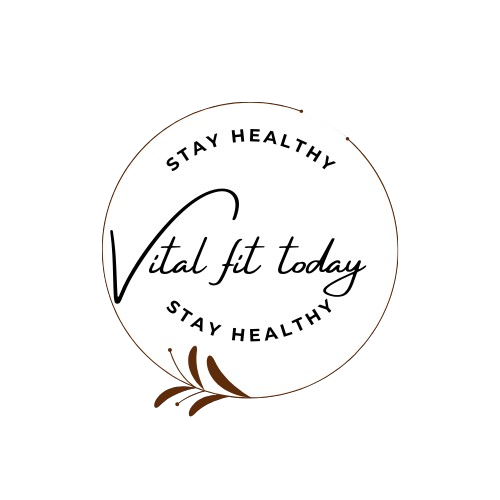
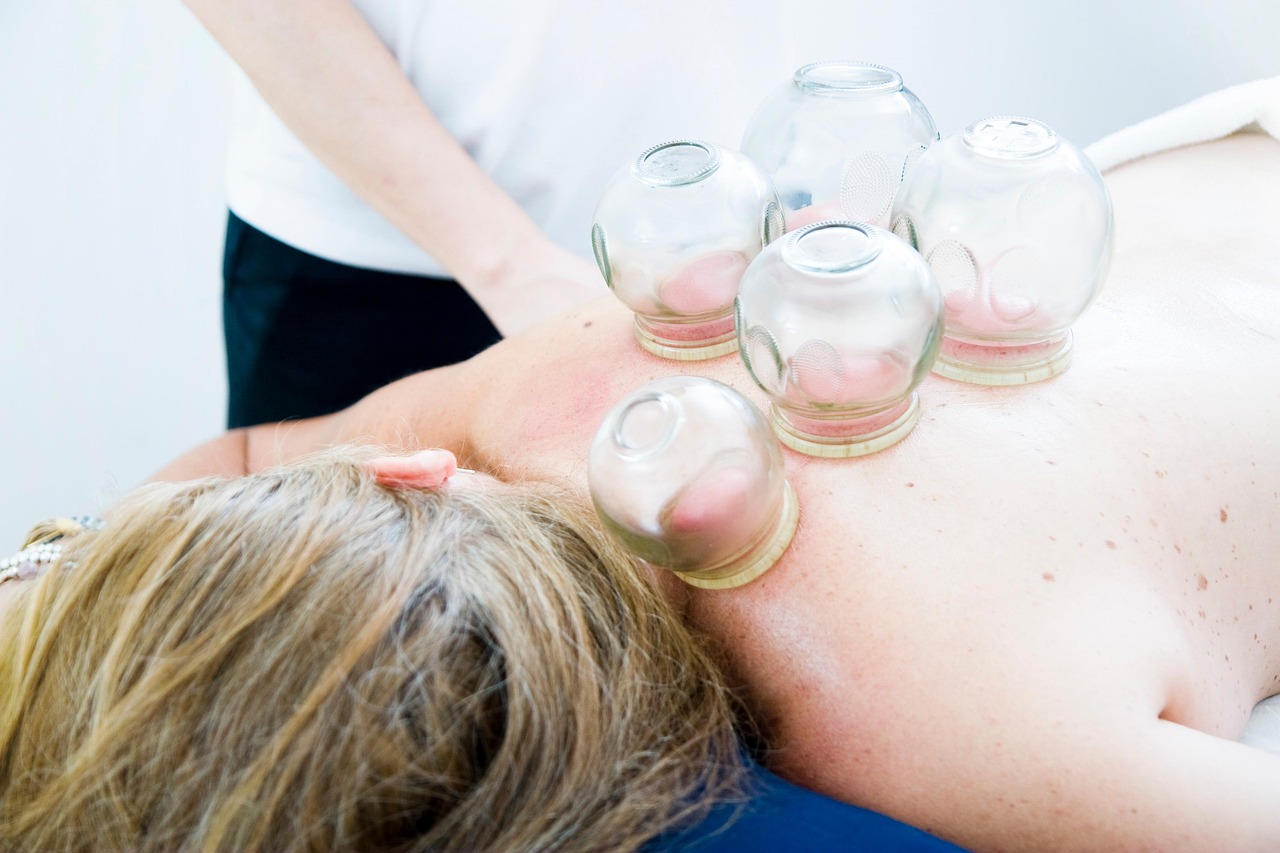
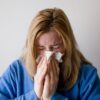




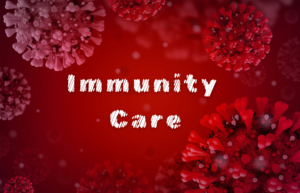
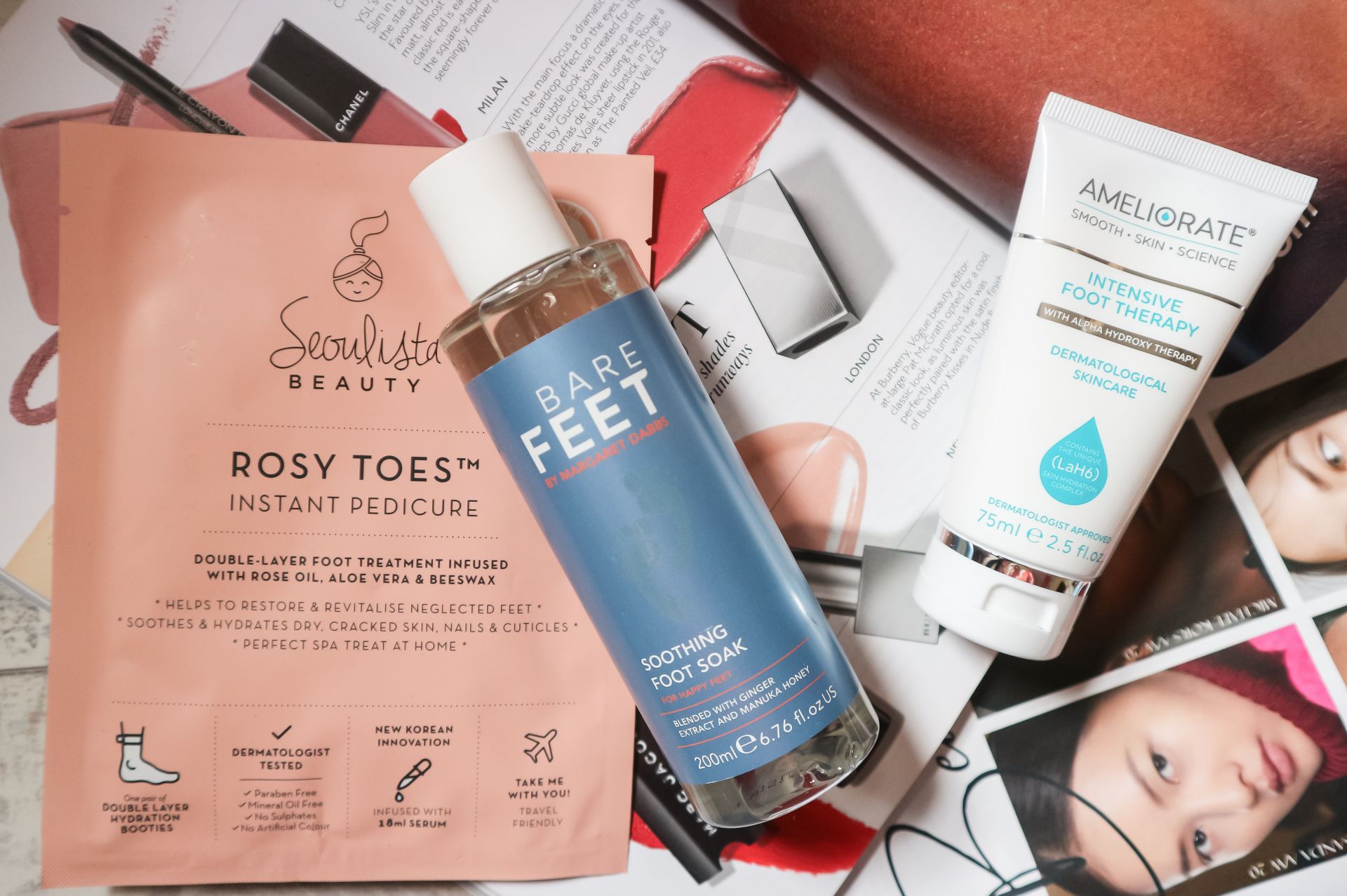

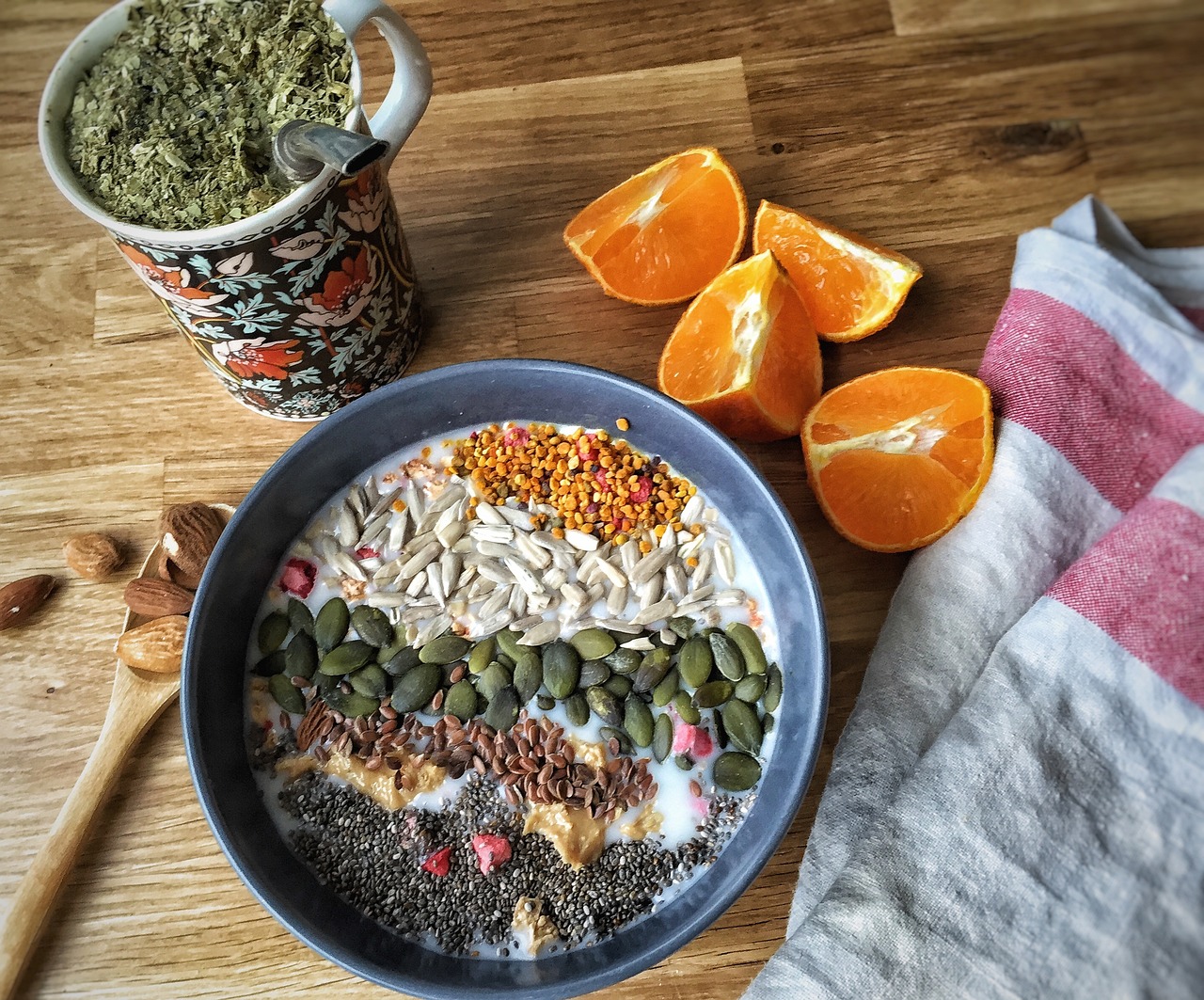
Add comment